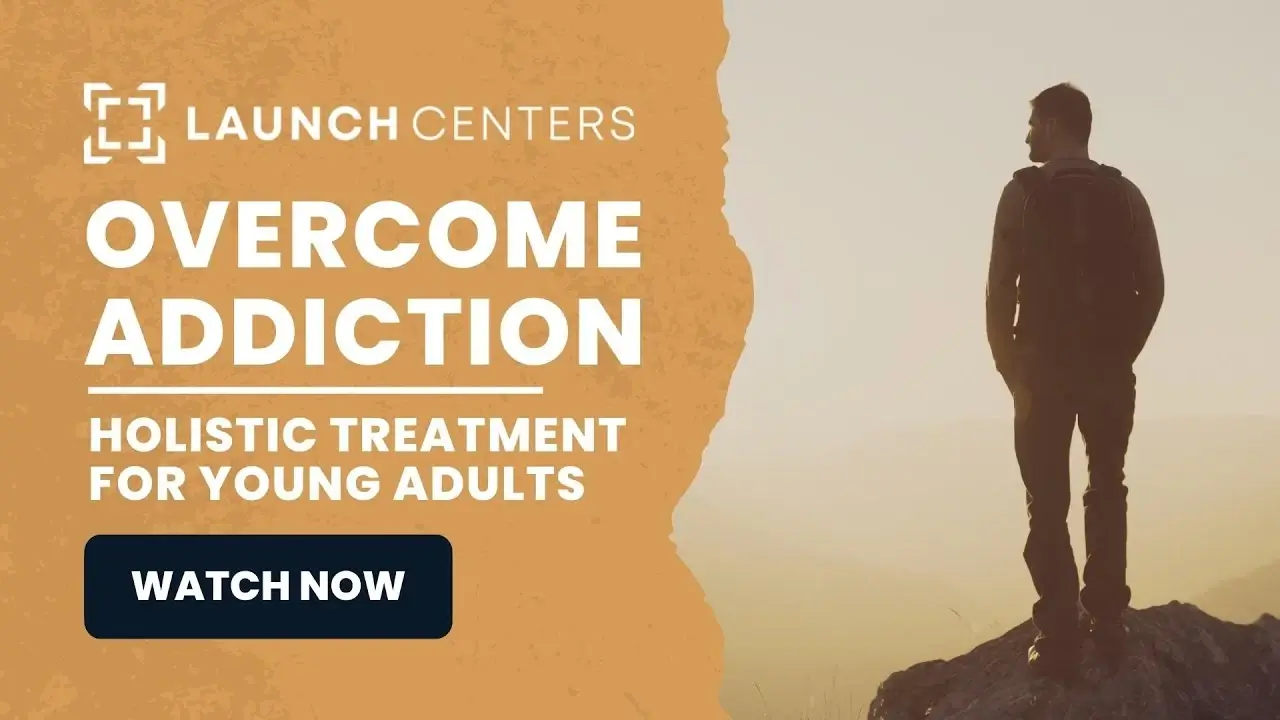
Benzodiazepine Addiction Treatment In Los Angeles
Benzodiazepines help people manage the symptoms of panic disorders, anxiety disorders, seizures, and insomnia, among other conditions. However, in recent years, benzodiazepines—also known as “benzos” or “downers”—have been abused as a recreational drug. This has led to addiction, along with both common and troubling symptoms. Thus, this has enhanced the need for comprehensive benzo addiction treatment in Los Angeles, California.
Benzodiazepine addiction has become more common in recent years. This is because the number of prescriptions written by doctors have risen steadily in the 21st century. For example, between 1996 and 2013, prescriptions for benzos increased 67%, from 8.1 million to 13.5 million per year.
Despite the fact that getting benzos is relatively easy, the effects on those who abuse the drug can be dire. One study found that, among popular prescription drugs, benzos were associated with the greatest risk of early death. Additionally, people who take benzos for six months or more—whether under a doctor’s orders or recreationally—run an 84% higher risk of developing Alzheimer’s.
At Launch Centers, we offer treatment for benzo addiction in Los Angeles. Our inpatient and outpatient rehab programs combine evidence-based therapy sessions with tailored life skills development to empower young people to overcome addiction.

What is Benzodiazepine Addiction?
Benzodiazepines are highly addictive prescription tranquilizers. They are typically prescribed to help people manage the symptoms of panic disorders, anxiety disorders, seizures, insomnia, and other conditions. Additionally, they are classified based on how long their effects last.
Benzos bind with neurons called gamma-aminobutyric acid (GABA) receptors. These receptors slow brain function and relieve stress, often leading to a euphoric “high.” This feeling is followed by prolonged sedation. If someone is feeling negative effects of a benzo dependence, they may want to seek benzo addiction treatment in Los Angeles.
Although benzos are effective when prescribed, they are dangerous when abused. Some people crush and snort benzos, amplifying the drug’s potency and increasing the risk of overdose. These substances also slow breathing and heart rates. This can lead to seizures, coma, or death.
Death by benzo abuse alone is uncommon, but these drugs can be combined with alcohol, making them dangerous and lethal. It’s also common for people to combine benzos and opioids like heroin for example. Taking both drugs at the same time, however, are extremely dangerous. Each have sedative properties that can cause breathing to slow, which is the main cause of overdose fatality.
Most Commonly Abused Benzodiazepines
According to the Drug Enforcement Agency (DEA), some of the most widely-prescribed benzos include Alprazolam (commonly known as Xanax), Clonazepam (Klonopin), Lorazepam (Ativan), and Diazepam (Valium).
Because of how much these benzos are prescribed, they are popular among those who abuse or become addicted to them. This includes both those who have a prescription for benzos and individuals who take them without a prescription.
Our Benzodiazepine Addiction Treatment Programs in Los Angeles
At our addiction treatment center, we treat benzo addiction through several levels of care, including individualized residential treatment programs and outpatient programs. Everyone faces unique challenges in benzodiazepine addiction treatment in Los Angeles. For this reason, each of our client’s treatment plans is designed around their individual benzo addiction and mental health needs. In addition to our inpatient benzodiazepine addiction treatment, we offer intensive outpatient and intensive sober living programs. Each program encourages sober life skills and lifelong recovery from benzo addiction.
These include, but may not be limited to:
Detox
The first step in benzodiazepine addiction treatment is ridding the body of the drug. One must enter a medical detox program, because benzo detox at home is dangerous. Medical advice and interventions decrease certain withdrawal symptoms, including seizures and suicidal behaviors.
Medical detox with support from a benzo detox center also reduces the discomfort of benzo withdrawal and lowers the chance of relapse. While detox typically lasts a week to 10 days, it can also last for months, depending on the benzo addiction. Often, medical detox involves tapering down from benzos. This can mean decreasing the dose or prescribing a less potent one.
Tapering down benzo use depends on the severity of the addiction and the type of benzo misused. It may also include prescribing less potent benzos. Doctors may prescribe diazepam (Valium) or clonazepam (Klonopin). These drugs are long-lasting and less potent. As a result, withdrawal symptoms are kept at bay.
Inpatient and Outpatient Treatment
Treatment facilities like Launch offer both inpatient and outpatient benzodiazepine addiction treatment. People with a mild benzo addiction may fare well in outpatient treatment. However, inpatient programs increase the chance of long-lasting recovery.
Inpatient treatment provides a distraction-free environment. Generally, inpatient programs last 28 to 90 days or more, depending on the severity of their benzo addiction. Still, both health services offer individual counseling, group therapy, and family therapy to emphasize recovery.
Therapy addresses the underlying causes of benzo addiction. This is key to almost any part of the treatment journey. Therapy can be in different forms and can be done individually or in group settings. There are many factors that can trigger a relapse, and therapy can help teach individuals ways to stay sober.
Meanwhile, support groups offer members a way to give and receive support on a number of different issues. These groups are run by individuals who are in recovery and are designed to help reduce the chance of relapse in their members. Many groups follow the 12-Step program philosophy, while others offer options for different kinds of peer-based support.
Relapse Prevention
Benzo addiction is a chronic disease, so recovery from benzo addiction is a lifelong process. Due to social expectations and daily stressors, our benzo addiction treatment in Los Angeles focuses on relapse prevention, achieved with ongoing therap, support groups, and aftercare programs.
People in inpatient benzodiazepine addiction treatment may need ongoing intensive support after completing the program. When a supportive home environment is not available, our intensive sober living facilities provide a safe environment to continue the recovery process. From detox to lifelong support groups, we give people the best opportunity for lifelong recovery from benzo addiction and other mental health disorders.
Start Benzo Addiction Treatment in Los Angeles Today
If you or a loved one is struggling with benzo abuse, take our short online quiz to determine if you have an addiction. At Launch Centers, we’re committed to helping our clients overcome their substance abuse issues while helping them build important life skills outside of treatment.
Contact Launch Centers today and speak to one of our helpful admissions team members to find out how we can help you on your recovery journey.






